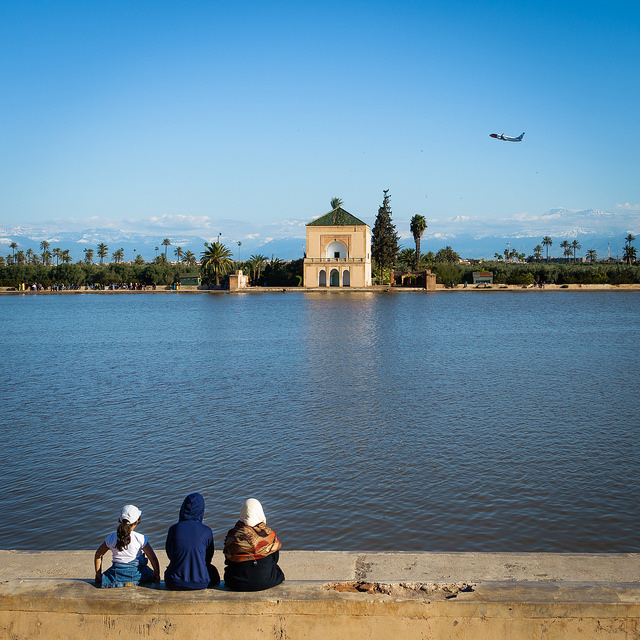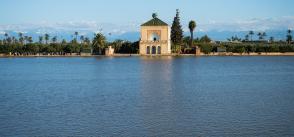
Water and gender in Algeria, Tunisia and Morocco
This page offers a variety of documents on AQUASTAT's case study that was conducted in Algeria, Tunisia and Morocco on the role of women in water resources management in general and in agricultural water management in particular.
The purpose of this page is to present the approach that was made in order to explore the possibilities to integrate gender issues in agricultural water management and to create indicators in this respect, because the availability of quantitative and qualitative data disaggregated by gender is essential to achieve a better understanding of agricultural water management at sub-national, national, regional and global level.
The first working paper is entitled "The role of women in water resources management in general and in agricultural water management in particular"; it provides the results of the pilot project conducted in Algeria, Tunisia and Morocco;
the second working paper is entitled "The role of women in agricultural water resources management" and it identifies the institutional actors involved in agricultural water management issues and collection of sex-disaggregated data at the national level.
Read and download the two working paper - in French | via FAO AQUASTAT.
[Photo by Jaume Escofet - Flickr]







